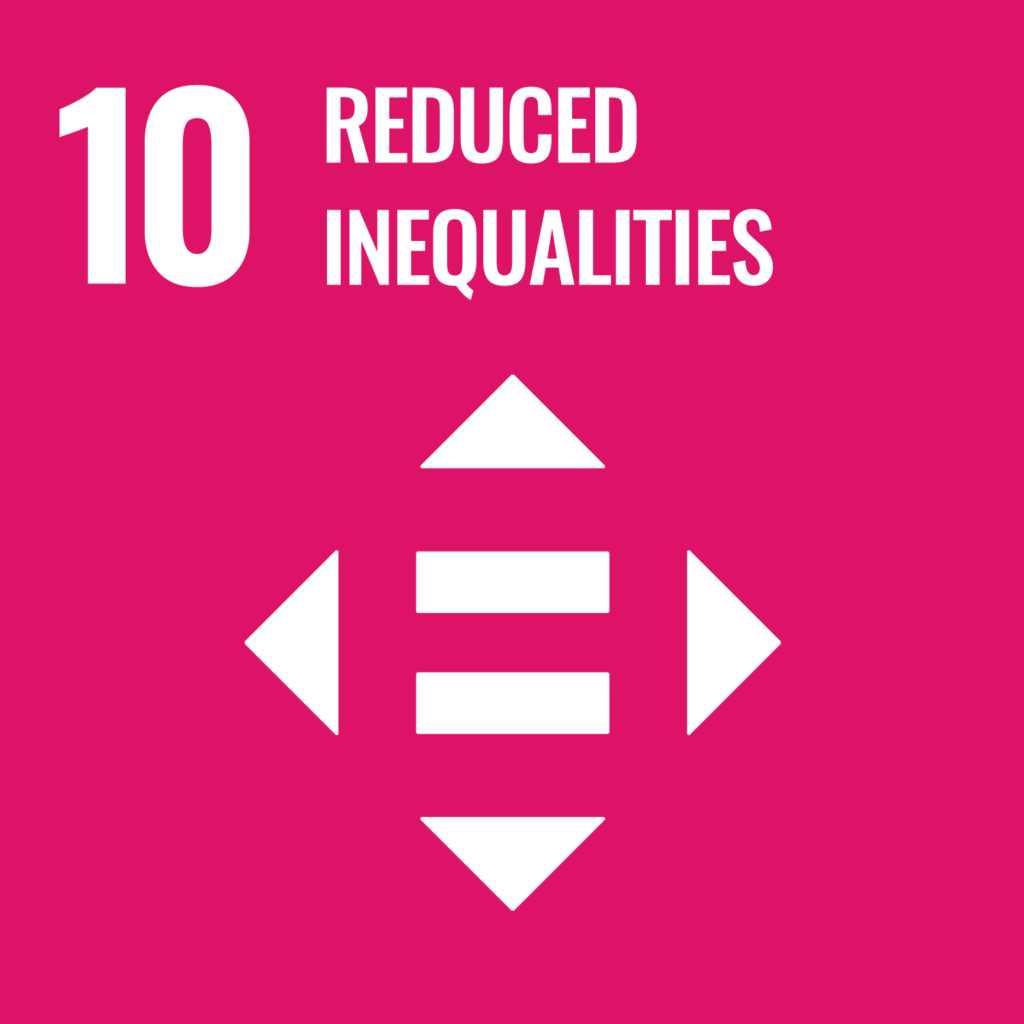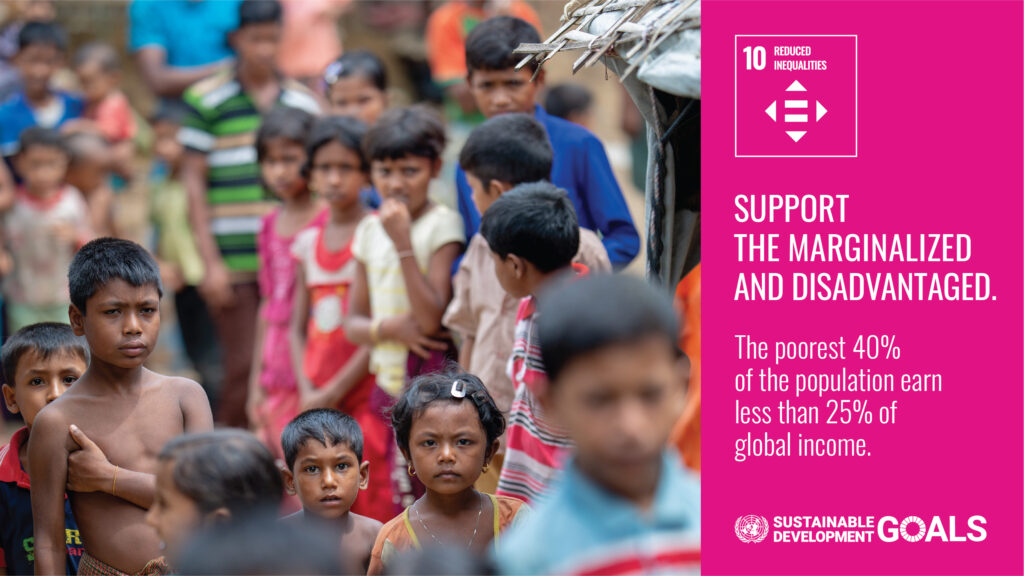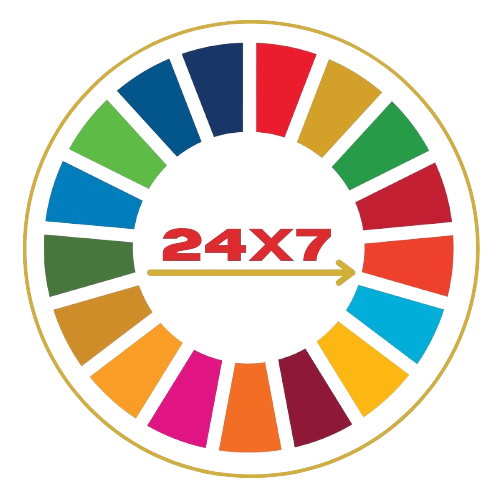
To reduce inequality within and among countries
Inequality threatens long-term social and economic development, harms poverty reduction and destroys people’s sense of fulfilment and self-worth.
The incomes of the poorest 40 per cent of the population had been growing faster than the national average in most countries. But emerging yet inconclusive evidence suggests that COVID-19 may have put a dent in this positive trend of falling within-country inequality.
The pandemic has caused the largest rise in between-country inequality in three decades. Reducing both within- and between-country inequality requires equitable resource distribution, investing in education and skills development, implementing social protection measures, combating discrimination, supporting marginalised groups and fostering international cooperation for fair trade and financial systems.
What are some examples of inequality?
Women and children with lack of access to healthcare die each day from preventable diseases such as measles and tuberculosis or in childbirth. Older persons, migrants and refugees face lack of opportunities and discrimination – an issue that affects every country in the world. One in five persons reported being discriminated against on at least one ground of discrimination prohibited by international human rights law.
One in six people worldwide has experienced discrimination in some form, with women and people with disabilities disproportionately affected.
Discrimination has many intersecting forms, from religion, ethnicity to gender and sexual preference, pointing to the urgent need for measures to tackle any kind of discriminatory practices and hate speech.

10.1 By 2030, progressively achieve and sustain income growth of the bottom 40 per cent of the population at a rate higher than the national average
10.2 By 2030, empower and promote the social, economic and political inclusion of all, irrespective of age, sex, disability, race, ethnicity, origin, religion or economic or other status
10.3 Ensure equal opportunity and reduce inequalities of outcome, including by eliminating discriminatory laws, policies and practices and promoting appropriate legislation, policies and action in this regard
10.4 Adopt policies, especially fiscal, wage and social protection policies, and progressively achieve greater equality
10.5 Improve the regulation and monitoring of global financial markets and institutions and strengthen the implementation of such regulations
10.6 Ensure enhanced representation and voice for developing countries in decision-making in global international economic and financial institutions in order to deliver more effective, credible, accountable and legitimate institutions
10.7 Facilitate orderly, safe, regular and responsible migration and mobility of people, including through the implementation of planned and well-managed migration policies
10.A Implement the principle of special and differential treatment for developing countries, in particular least developed countries, in accordance with World Trade Organization agreements
10.B Encourage official development assistance and financial flows, including foreign direct investment, to States where the need is greatest, in particular least developed countries, African countries, small island developing States and landlocked developing countries, in accordance with their national plans and programmes
10.C By 2030, reduce to less than 3 per cent the transaction costs of migrant remittances and eliminate remittance corridors with costs higher than 5 per cent

